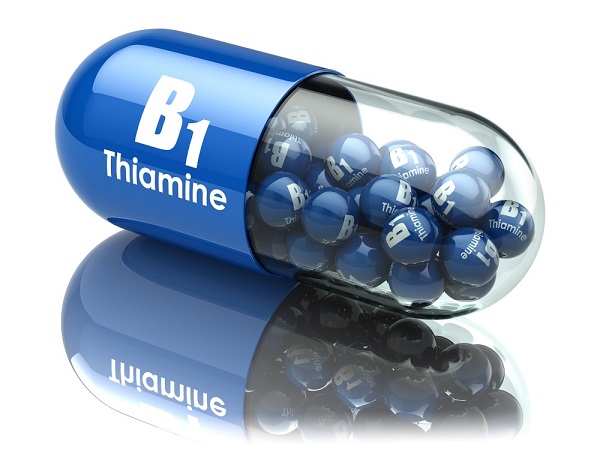Have you guys noticed any main differences? Which do you think would be more protective from iron overload?
Any chance of thiamine hcl being an issue And not working as good to lower iron because it’s an acid? Don’t acids increase iron? Not sure if I’m overthinking that, and the thiamine itself would lower iron more than the acid bound to it would increase it.
Any chance of thiamine hcl being an issue And not working as good to lower iron because it’s an acid? Don’t acids increase iron? Not sure if I’m overthinking that, and the thiamine itself would lower iron more than the acid bound to it would increase it.




